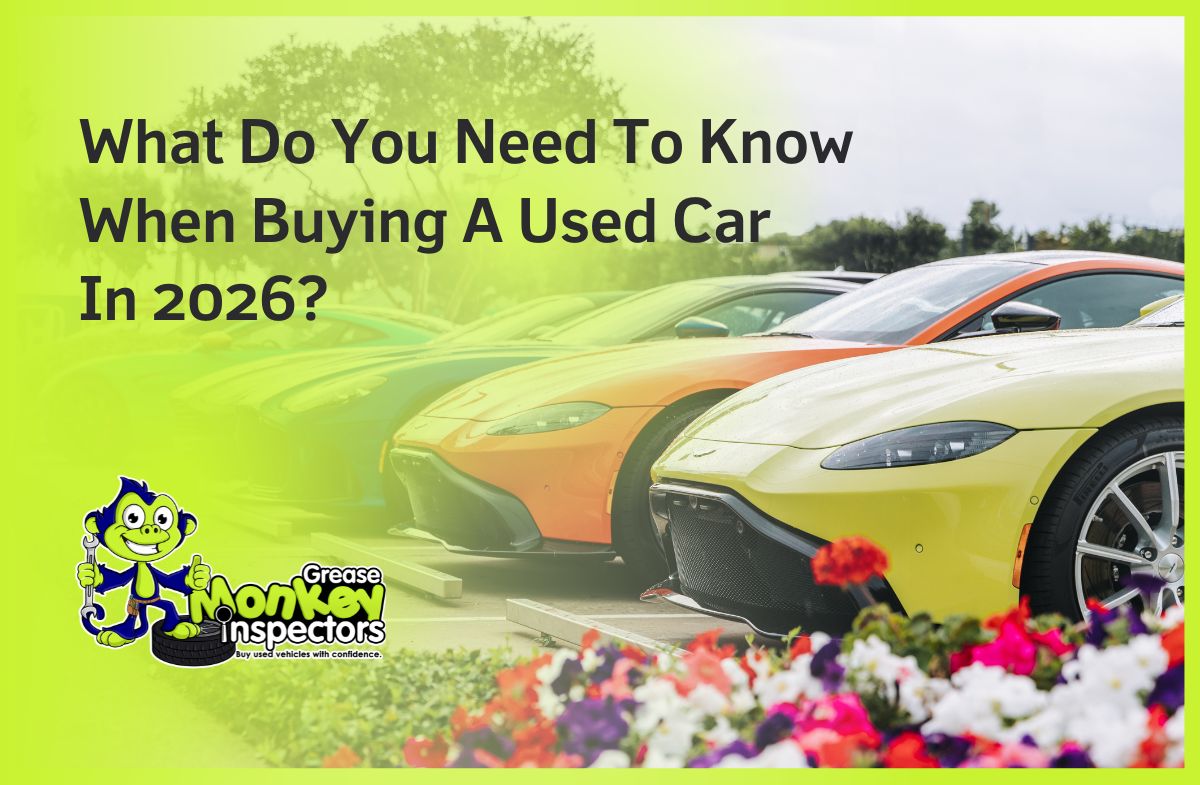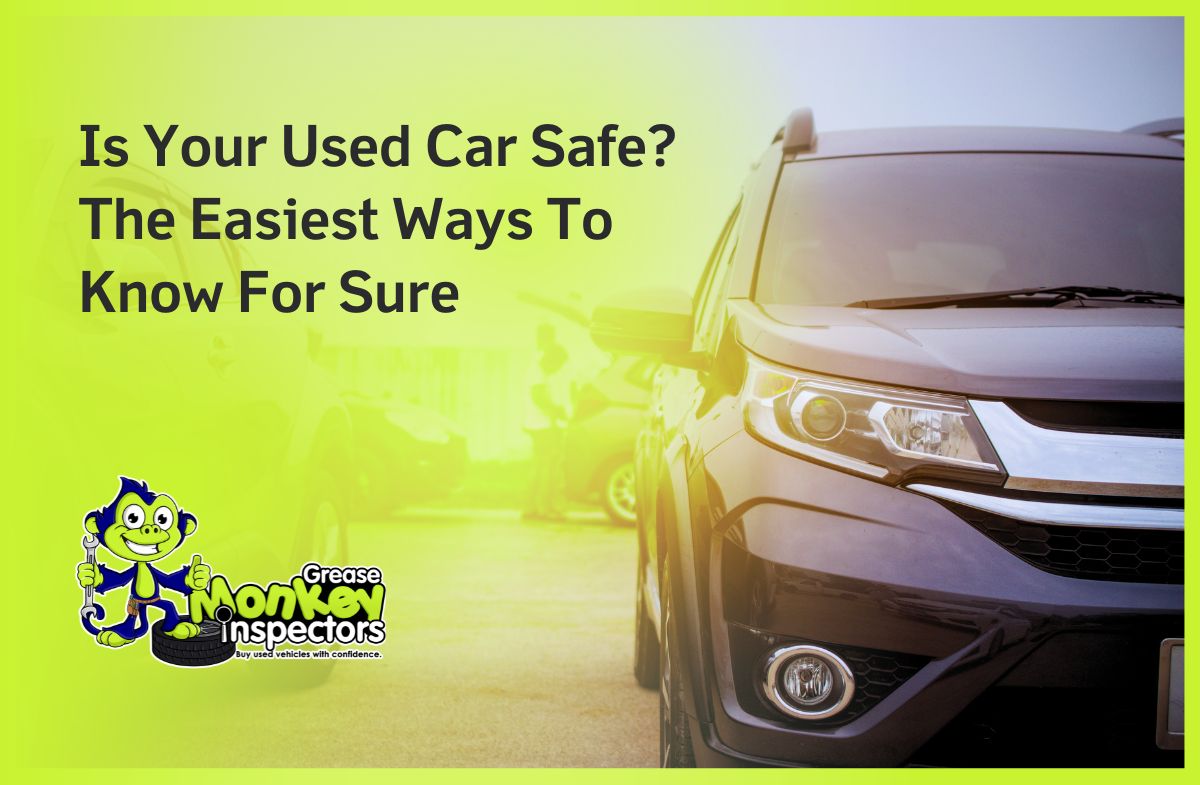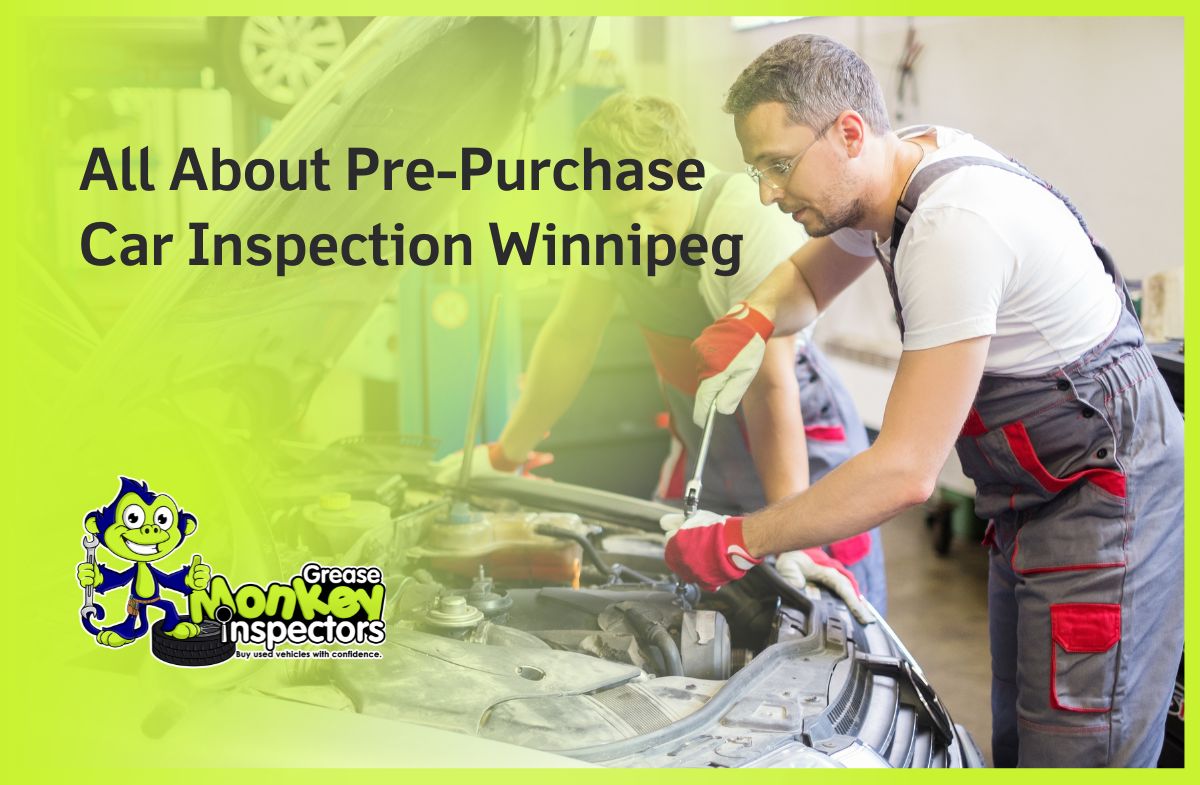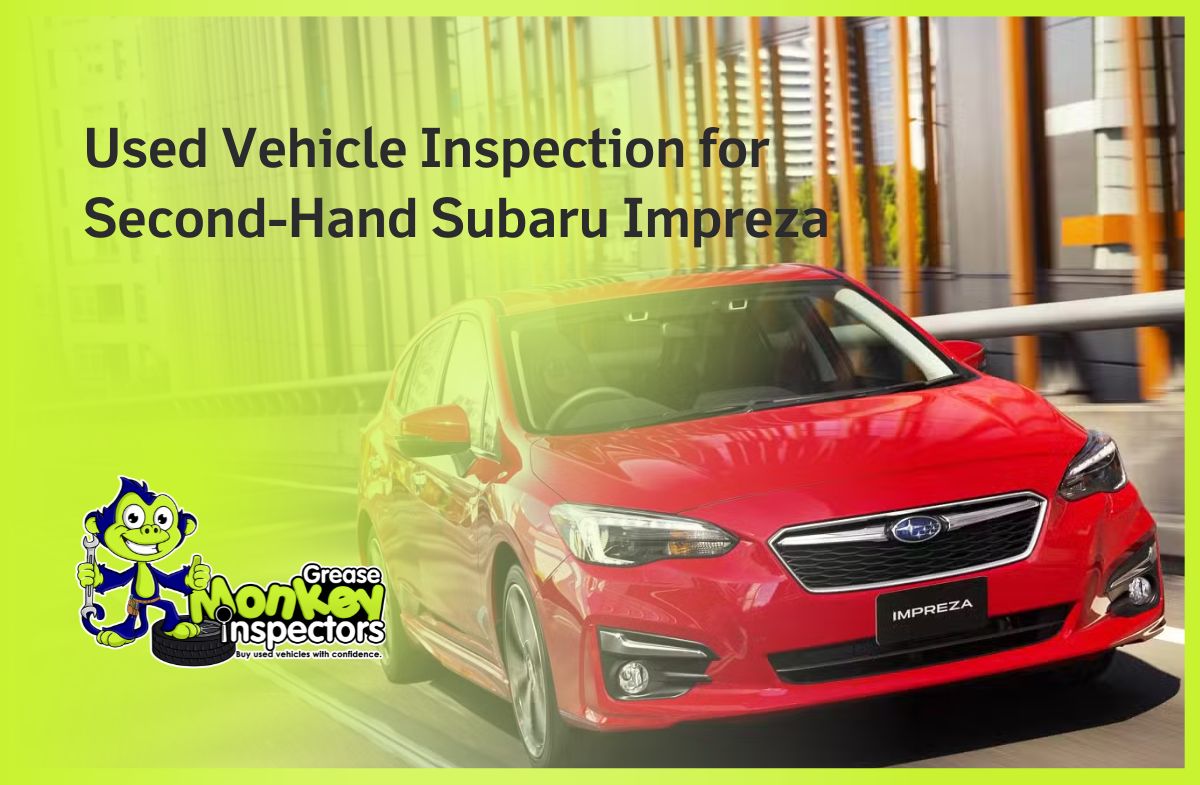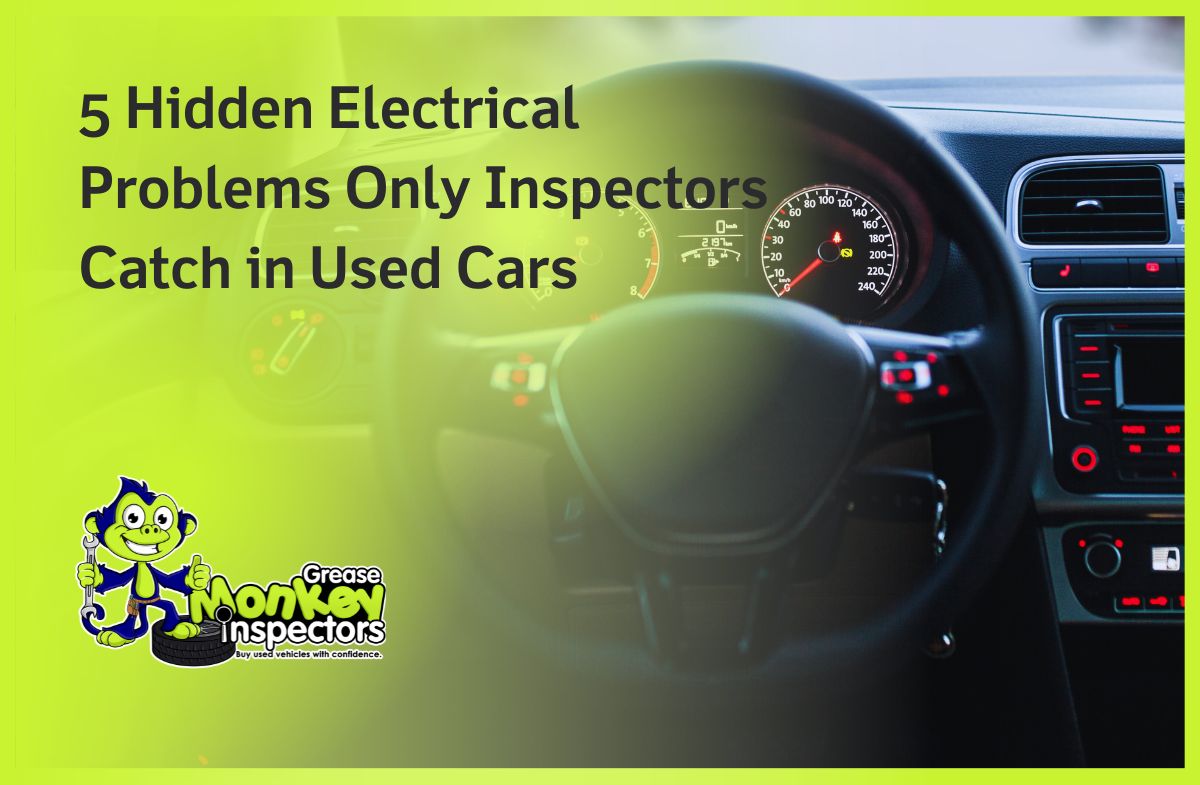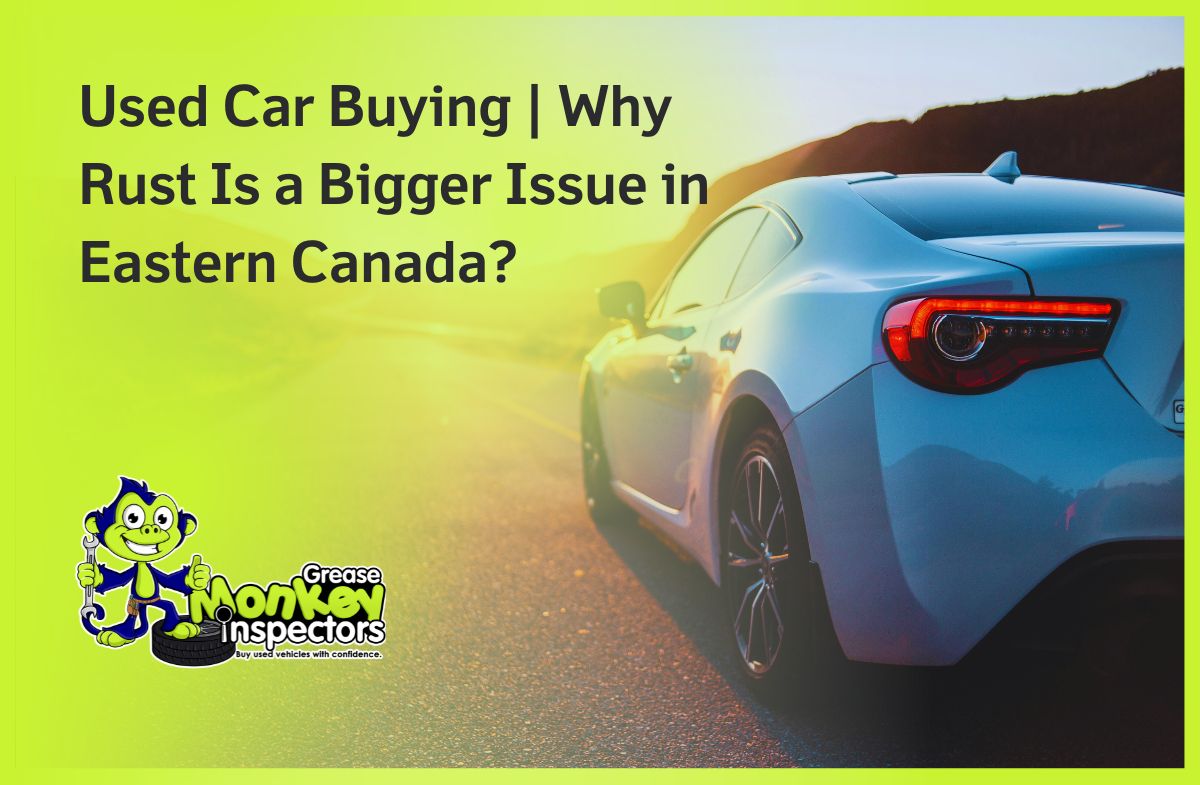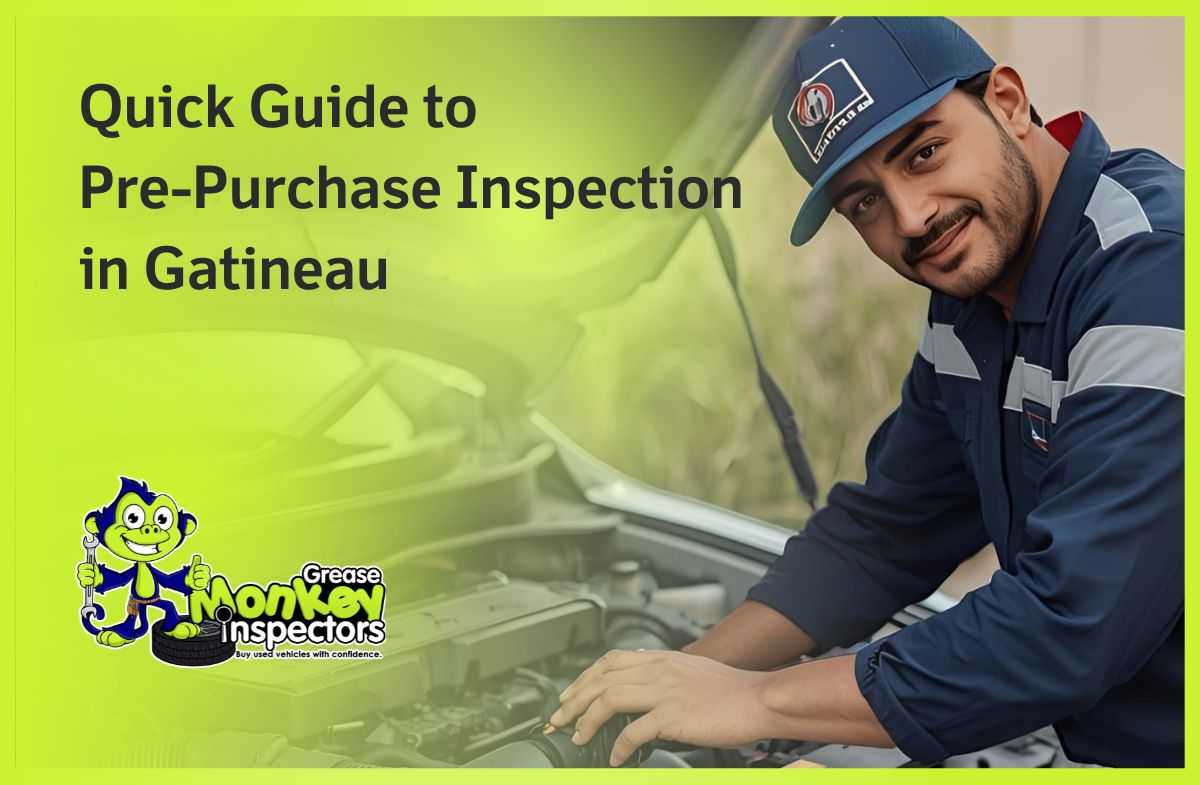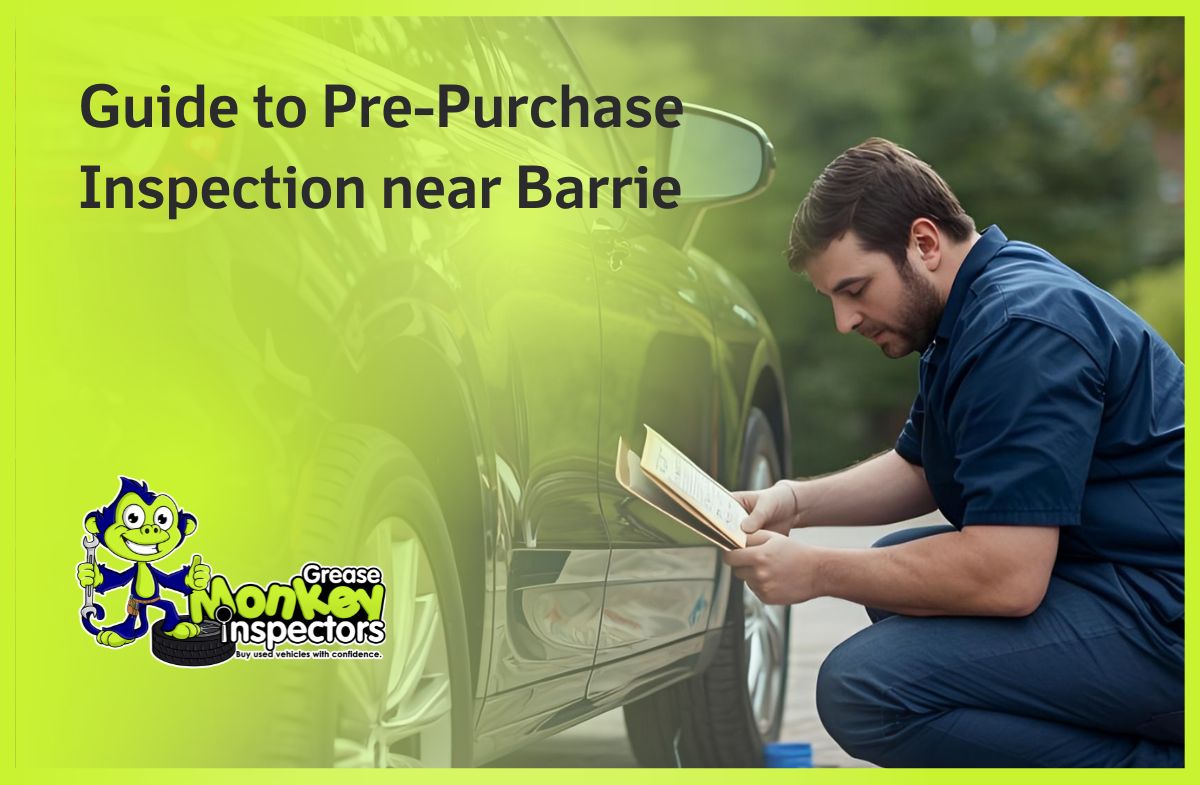Used car buying in 2026 looks different. Prices are stabilizing after wild swings and interest rates are easing. At the same time, more EVs and hybrids flood the second-hand market.
Whether you’re eyeing a used car for sale online or at a lot in Canada – arm yourself with the right info to snag a reliable ride without regrets. Greasemonkey Inspectors helps buyers nationwide avoid costly mistakes through expert Used Vehicle Inspection services.
Market Shifts Shaping 2026 Choices
Inventory is up compared to recent years, while giving you more options and bargaining power. Electric and plug-in models from 2020–2023 are hitting the used scene in bigger numbers and are great for low running costs. But the battery health of these and the charging history matter more than ever.
Gas and hybrid vehicles remain popular for their proven longevity in Canada’s varied climates. Watch for regional quirks like rust in Atlantic provinces and high mileage from long commutes in the Prairies.
Key Checks in Used Cars Before You Commit
Start with paperwork. Verify the vehicle history report for issues like accidents and odometer issues. Test drive in varied conditions if possible by listening for odd noises and feeling for smooth shifts. Pay close attention to newer tech. Infotainment glitches, ADAS calibration or EV battery degradation signs. Don’t skip emissions compliance –this is especially relevant as some provinces tighten rules.
The One Step That Saves Thousands
A professional Used Vehicle Inspection is non-negotiable in 2026, no matter the model. Hidden wear from previous owners or early hybrid battery fade can blindside you post-purchase.
Our mechanics come to the car to inspect every system on-site, run diagnostics, road-test it and provide a detailed report with photos, videos and repair forecasts. It’s the difference between a smart buy and a money pit.
Buy Your Used Car Confidently This Year
The used market in 2026 rewards prepared buyers. Do your homework. Then seal the deal with a thorough Used Vehicle Inspection from Greasemonkey Inspectors. Contact us today to schedule yours and drive off knowing you choose wisely!

